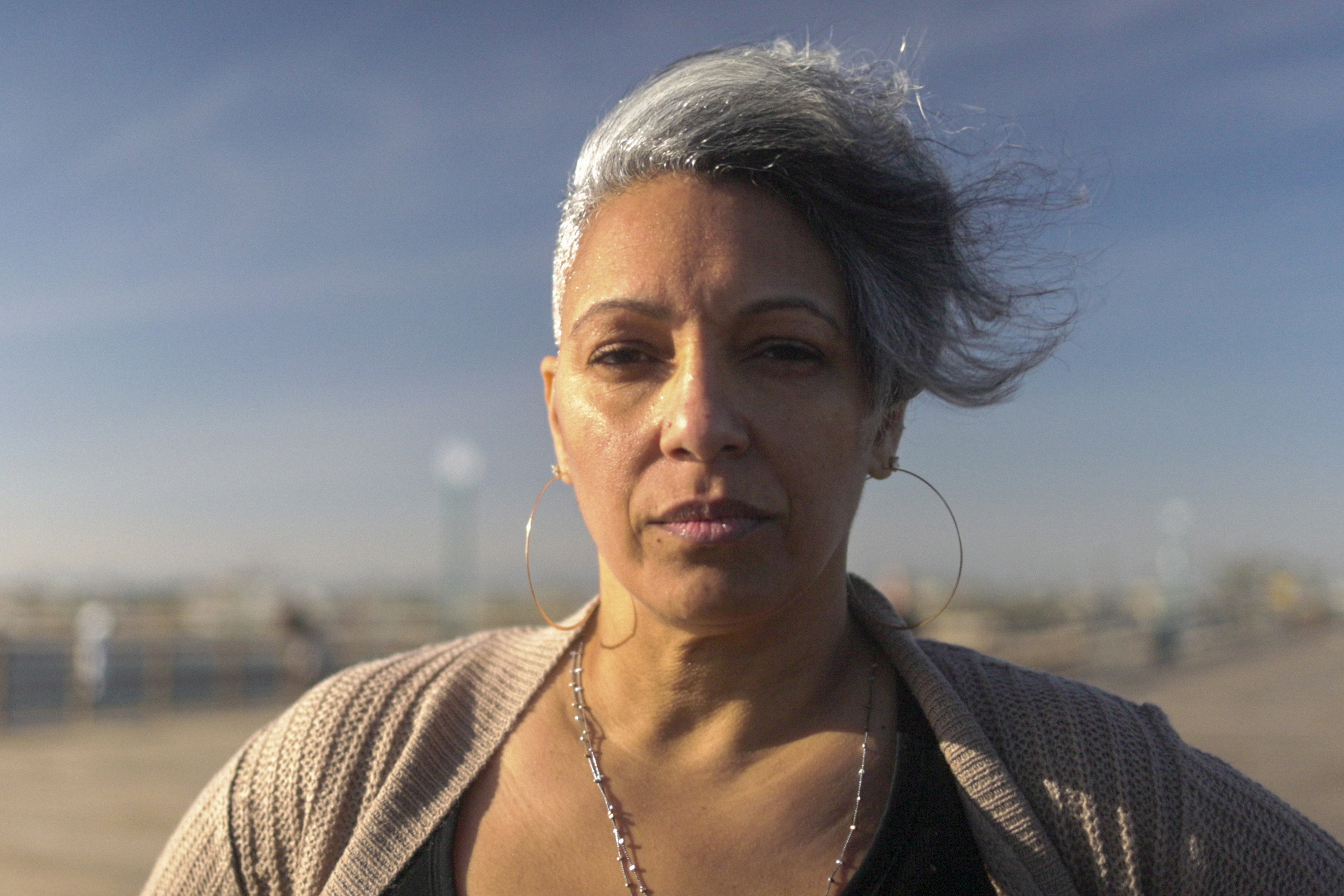Get Easy Health Digest™ in your inbox and don’t miss a thing when you subscribe today. Plus, get the free bonus report, Mother Nature’s Tips, Tricks and Remedies for Cholesterol, Blood Pressure & Blood Sugar as my way of saying welcome to the community!
The diabetes-cancer connection and how to take both down

If you or a loved one has type 2 diabetes, you know the importance of controlling the disease.
But there’s another significant reason to manage it, better yet, help it go into remission…
And that’s cancer.
Men with diabetes are 19 percent more likely to develop cancer. For women, the risk is 27 percent. If that weren’t bad enough, research has shown a link between diabetes and metastatic cancer. High concentrations of sugar in the blood encourages cancer cells to spread.
Researchers looking into the diabetes-cancer connection know how you can take both of these dangerous conditions down…
Can losing weight control diabetes AND cancer?
The Diabetes Remission Clinical Trial (DiRECT), a structured weight management program for people with diabetes, produced some amazing results…
Under the supervision of a dietitian, participants replaced their habitual diets with a prescribed diet. Foods not on the prescribed diet were slowly reintroduced.
After two years of this trial, 68 men and 53 women saw their type 2 diabetes go into remission, compared with only six men and five women in the control group.
When Emma Hazelwood of Bristol Medical School in England read these results, a bell went off…
She knew that people with type 2 diabetes also had an increased risk of developing certain cancers — including pancreatic cancer.
Had the trial participants who successfully lost weight and controlled their diabetes also reduced their cancer risk?
Nine cancer-related proteins reduced with weight loss
Previous studies have found that having increased body weight changed the level of certain proteins with a known link to cancer.
So, along with a team of researchers from Bristol Medical School, Hazelwood used data from 261 people with diabetes who were enrolled in the DiRECT trial.
The team analyzed blood samples from before and after weight loss and found that nine cancer-related proteins were reduced, compared with none in the control group, who had received standard diabetes care but not the prescribed diet.
“Results from this study help us gain insight into potential mechanisms linking type 2 diabetes and body fatness with cancer development.
“These findings offer encouraging evidence that the increased cancer risk seen in people with diabetes might be reduced with weight loss interventions. This has important implications for both diabetes treatment and cancer prevention.”
Do-it-yourself weight loss and disease prevention
Of course, not all of us can enroll in a trial that supervises our weight loss.
But that doesn’t mean there aren’t proven ways to do it yourself.
The Mediterranean diet is favored among people who are trying to lose weight and eat more healthfully. In fact, one study showed that people lost more weight and stuck to this diet more easily than either the Paleo or intermittent fasting diets.
Then there’s something known as mindful eating. It may sound like a New-age fad, but on the contrary, eating mindfully is a powerful way to control blood sugar.
But if you need a little guidance on your weight loss journey, consider Weight Watchers. The organization has been a leader in the weight loss industry for more than 50 years — and recognizing that weight loss is key for preventing type 2 diabetes, they’ve become a pioneer in helping people stop the disease progression in its tracks.
They’ve also got a reputation for helping people keep the weight off.
Editor’s note: Are you feeling unusually tired? You may think this is normal aging, but the problem could be your master hormone. When it’s not working, your risk of age-related diseases skyrockets. To reset what many call “the trigger for all disease” and live better, longer, click here to discover The Insulin Factor: How to Repair Your Body’s Master Controller and Conquer Chronic Disease!
Sources:
Weight loss intervention in people with type 2 diabetes influences cancer-associated proteins — Eureka Alert
Direct Clinical Outcomes at 24 Months — Diabetes Remission Clinical Trial












